Filter by
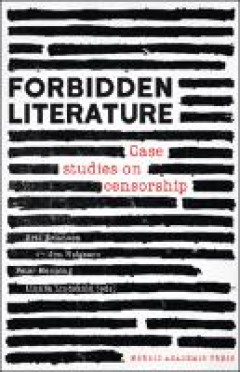
Forbidden literature: case studies on censorship
"Freedom of the printed word is a defining feature of the modern world. Yet censorship and the suppression of literature never cease, and remain topical issues even in the most liberal of democracies. Today just as in the past, advances in media technology are followed by new regulatory mechanisms. Similarly, any attempt to control cultural expression inevitably spurs fresh discussions about fr…
- Edition
- -
- ISBN/ISSN
- 9789188909084
- Collation
- 264p.: ill.
- Series Title
- -
- Call Number
- 801.9 FOR f

European citizenship after Brexit : freedom of movement and rights of residence
This book investigates European citizenship after Brexit, in light of the functionalist theory of citizenship. No matter its shape, Brexit will impact significantly on what has been labelled as one of the major achievements of EU integration: Citizenship of the Union. For the first time an automatic and collective lapse of status is observed. It is a form of involuntary loss of citizenship en m…
- Edition
- -
- ISBN/ISSN
- 9783319517742
- Collation
- viii, 123p. :ill.
- Series Title
- -
- Call Number
- 342.24085 MIN e
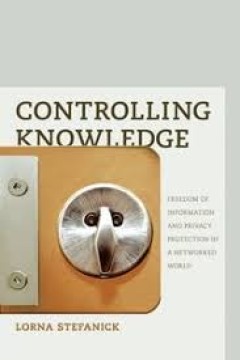
Controlling knowledge freedom of information and privacy protection in a netw…
Digital communications technology has immeasurably enhanced our capacity to store, retrieve, and exchange information. But who controls our access to information, and who decides what others have a right to know about us? In Controlling Knowledge, author Lorna Stefanick offers a thought-provoking and user-friendly overview of the regulatory regime that currently governs freedom of information a…
- Edition
- -
- ISBN/ISSN
- 9781926836270
- Collation
- -
- Series Title
- -
- Call Number
- 342.0853 STE c
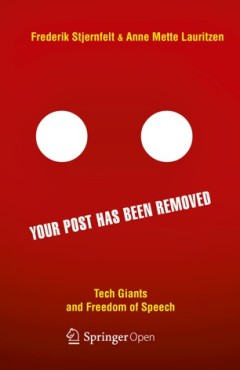
Your post has been removed : tech giants and freedom of speech
This open access monograph argues established democratic norms for freedom of expression should be implemented on the internet. Moderating policies of tech companies as Facebook, Twitter and Google have resulted in posts being removed on an industrial scale. While this moderation is often encouraged by governments - on the pretext that terrorism, bullying, pornography, “hate speech” and “…
- Edition
- -
- ISBN/ISSN
- 9783030259686
- Collation
- xviii, 287p. : ill.
- Series Title
- -
- Call Number
- 323.443 FRE y
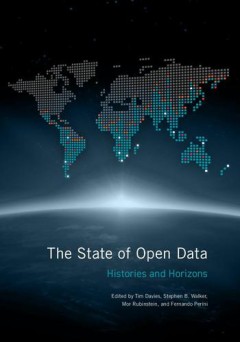
The state of open data : histories and horizons
It’s been ten years since open data first broke onto the global stage. Over the past decade, thousands of programmes and projects around the world have worked to open data and use it to address a myriad of social and economic challenges. Meanwhile, issues related to data rights and privacy have moved to the centre of public and political discourse. As the open data movement enters a new phase…
- Edition
- -
- ISBN/ISSN
- 9781928331957
- Collation
- xiii, 574p. : ill.
- Series Title
- -
- Call Number
- 070.57973 STA s
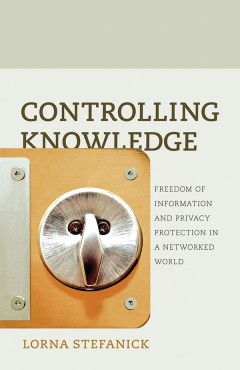
Controlling knowledge : freedom of information and privacy protection in a ne…
Digital communications technology has immeasurably enhanced our capacity to store, retrieve, and exchange information. But who controls our access to information, and who decides what others have a right to know about us? In Controlling Knowledge, author Lorna Stefanick offers a thought-provoking and user-friendly overview of the regulatory regime that currently governs freedom of information a…
- Edition
- -
- ISBN/ISSN
- 9781926836614
- Collation
- xi, 251p. : ill.
- Series Title
- -
- Call Number
- 342.0853 STE c
 Computer Science, Information & General Works
Computer Science, Information & General Works  Philosophy & Psychology
Philosophy & Psychology  Religion
Religion  Social Sciences
Social Sciences  Language
Language  Pure Science
Pure Science  Applied Sciences
Applied Sciences  Art & Recreation
Art & Recreation  Literature
Literature  History & Geography
History & Geography